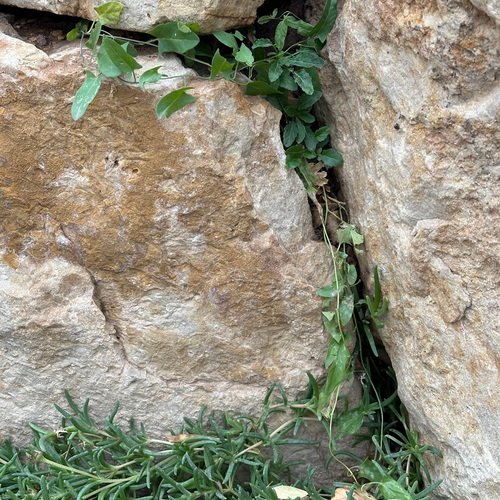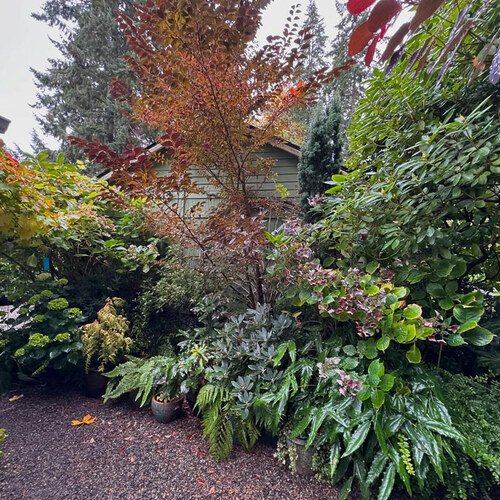
Weeds are the bane of every gardener’s existence. They seem to pop up out of nowhere, taking over our carefully tended gardens and choking out our prized plants. In the Rocky Mountain region, where the climate can be harsh and the growing season short, weed management is even more crucial. Identifying and controlling weeds early on can save you a lot of time and frustration in the long run.
One of the most common and troublesome weeds in the Rocky Mountain region is bindweed (Convolvulus arvensis). This invasive plant can quickly take over a garden, smothering other plants with its vigorous growth. Bindweed has deep roots that can extend several feet into the soil, making it difficult to eradicate. Regularly pulling out the shoots is one way to manage bindweed, but be prepared for a long battle. Smothering the plant with black plastic or weed fabric can also be effective, as it deprives the plant of light and prevents it from photosynthesizing. For a faster control method, herbicides can be used, but be sure to follow the instructions carefully and use them responsibly.
Smooth brome (Bromus inermis) is another weed that can quickly take over a garden if left unchecked. This grassy weed spreads through both seeds and rhizomes, creating dense patches that can outcompete your garden plants. Digging out small patches of smooth brome can be effective, but larger infestations may require mowing or herbicide applications. Regular mowing before the flower heads emerge can help control smooth brome and prevent it from spreading further.
Leafy spurge (Euphorbia esula) is a pretty but aggressive weed that can be found in grassy fields and gardens. This plant spreads by seeds and rhizomes, making it difficult to eradicate once established. Hand pulling or cutting small infestations of leafy spurge can be effective, but larger patches may require mowing or herbicide applications. Be sure to wear gloves and long sleeves when handling leafy spurge, as the plant produces a milky sap that can irritate the skin.
In addition to controlling individual weeds, there are some general tips for preventing weeds from taking over your garden. Maximizing the competitiveness of your garden beds by planting densely, watering deeply and infrequently, and using regionally adapted or native species can help prevent weeds from establishing themselves. Learning to identify weeds at all stages of their growth, from seedlings to mature plants, can also help you stay ahead of potential weed problems.
Weed management in the Rocky Mountain region can be a challenging task, but with quick action and proper techniques, you can keep your garden weed-free and thriving. By identifying and controlling weeds early on, you can save yourself time and effort in the long run, allowing your plants to flourish and your garden to thrive.






